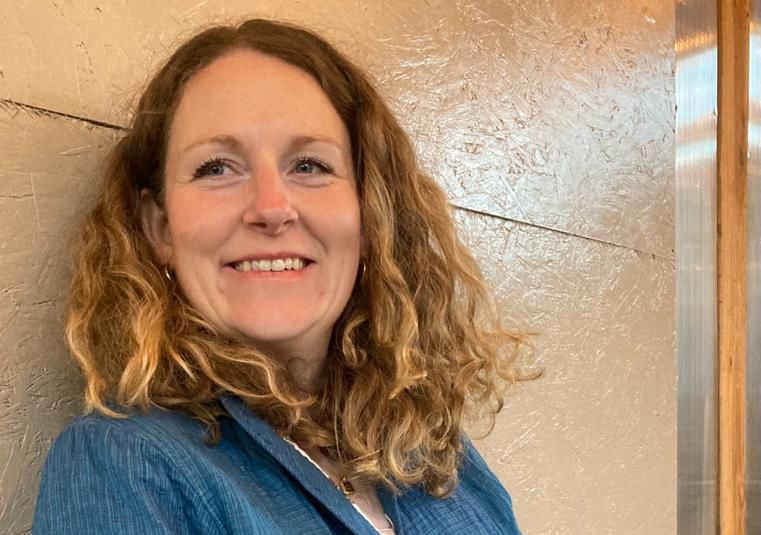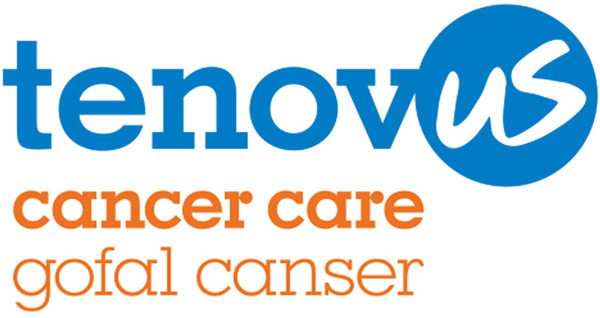On Wednesday, Delyth Jewell MS put forward a motion during her member debate on women’s healthcare. We welcome Members’ contributions in recognition of the physical and emotional pain women often experience in their healthcare.
The motion called on the Welsh Government to:
1. strengthen the expectations for NHS services in the Quality Statement for women and girls’ health;
2.establish a legal requirement for healthcare providers to regularly collect feedback from female patients about their experiences and satisfaction with the care they receive, especially in relation to gynaecological appointments, midwifery and postnatal services, perinatal mental health and menopause; and
3.introduce statutory obligations for the development, coordination and implementation of the Women’s Health Plan developed by the Welsh NHS and consulted on with gynaecologists, midwives and women’s health groups, which should include measures to address and counter the normalisation of pain in women’s healthcare.
Delyth’s highlighted that women’s concerns are often minimised or dismissed, leading to late diagnoses and increased suffering. In her statement, she cited poor waiting time statistics in her own health board, Aneurin Bevan University Health Board, where only 26.9% of women met the Welsh Government’s target for women starting their gynaecological cancer treatment within 62 days. She said this is only one reason why she’d agree with Claire’s Campaign that the Women’s Health Plan must include a specific focus on gynaecological cancers and address clinical culture.
Meanwhile, 78.6% of women in the Cardiff and Vale UHB area met the Welsh Government’s pathway target in July. These levels of significant and unacceptable variation do not align with the Welsh Government’s policy and communications position about women experiencing ‘high levels of satisfaction’. That “satisfaction” by and large reflects the patient experience once a cancer diagnosis is made and cancer treatment has started, and women are more likely experiencing the care of their multi-disciplinary team.
It does not reflect their experience/satisfaction pre-diagnosis which may involve multiple trips to their GP before a suspected cancer referral is made. We believe more must be done to improve communication and culture at primary care, and to better capture and act upon patient experience and satisfaction at this stage of the gynaecological cancer pathway – the women’s health plan must ensure that’s the case.
Carolyn Thomas MS referenced Claire O’Shea’s story and paid tribute to her and the campaign. She highlighted that suffering pain is “not a badge of honour” and reiterated that regular feedback collection following healthcare appointments would support patient-led change. We are campaigning for women’s voices to be heard and amplified, which can be encouraged by genuine data from women across their healthcare journey.
We thank Russell George MS for calling on the Minister to re-evaluate the 26 recommendations in the Health and Social Care Committee’s Report and bring forward a new Government response. The Minister for Mental Health and Wellbeing, Sarah Murphy MS, highlighted that much of what was in that report would be incorporated into the Women’s Health Plan, due to be published on December 10th. Sarah sat on the Committee during its inquiry into gynaecological cancers; we hope the Plan reflects some of the recommendations outlined in the Health and Social Care Committee’s report.
The Minister also said a call for research will be launched next year, focusing entirely on women’s health priorities. We anticipate specific details on these projects and what difference the £750,000 in funding will make to women in Wales.






